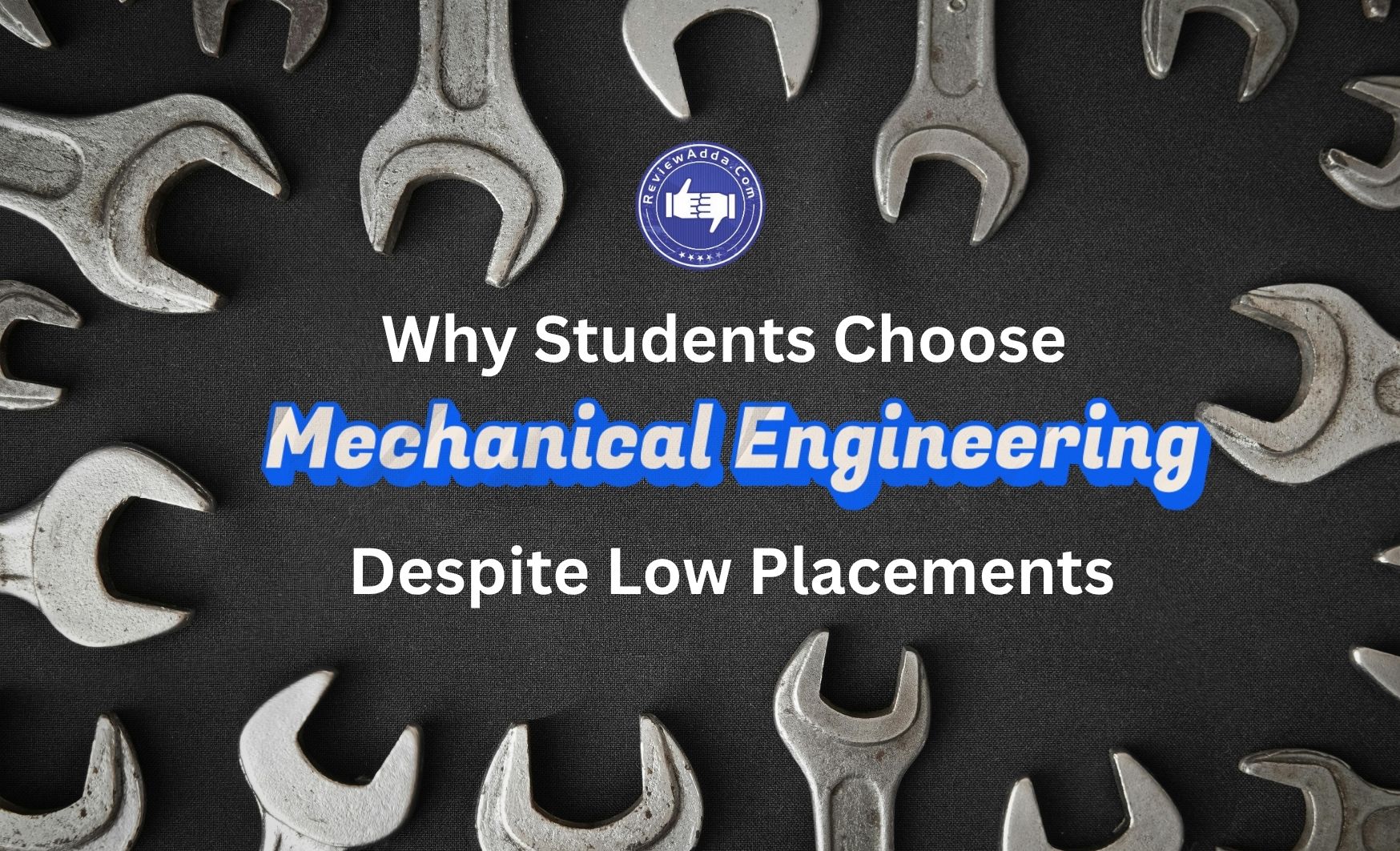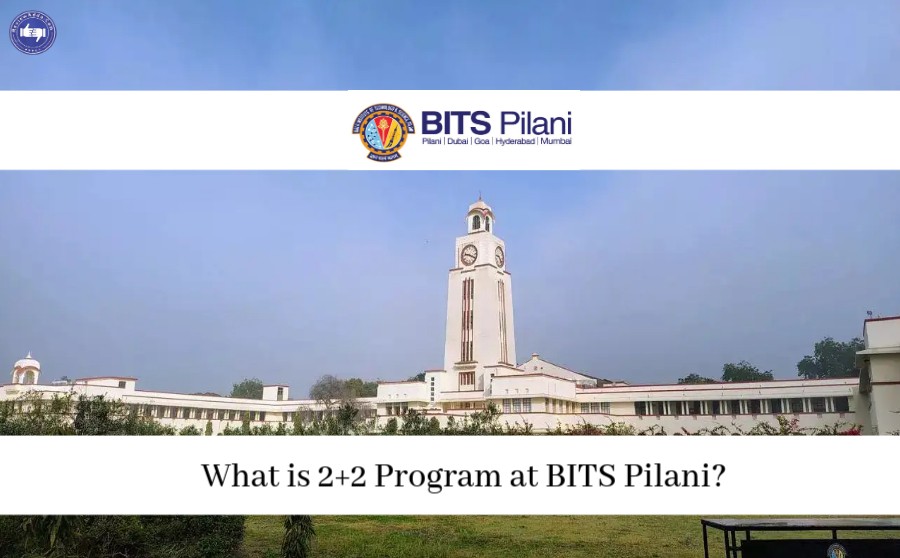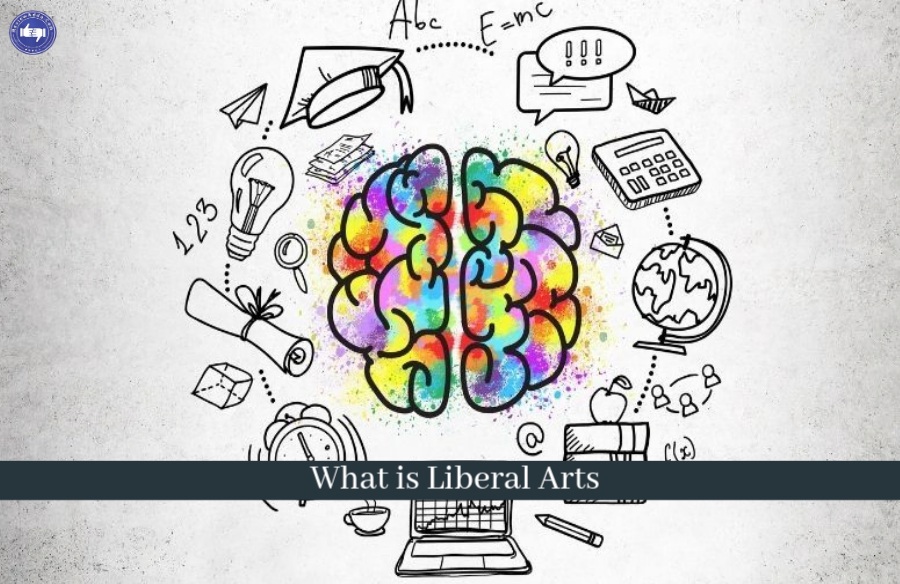Topic We Cover: How to Choose the Right Career Path
1. Why Knowledge of Choice is not enough?
2. Psychometric Tests – Know Yourself to Choose the Right Career Path
3. Ability Testing
4. Aptitude Testing
5. Personality Testing
6. Importance of Psychometric Testing in Choosing a Career Path
7. Balancing Testing with Desire
8. Some More Ways to Choose the Right Career Path
9. Make a List of Five Professions You Can See Yourself In
10. Talk to Real Professionals
11. Identify Life Goals
The time to Choose the Right Career Path is around the corner again. As normalcy resumes and the world gets back to work, the onus on students to choose a stream or course is back. Whether its students in school choosing between science, commerce, and arts, or those leaving school and choosing a course of study, the choice is there for all to make.

The question everyone generally asks is Which Career Path one should choose. With all due fairness, this line of questioning is flawed. There is no right course for everyone in the world. We are all different with our own unique talents and skills. It is not right for everyone to take up science and become an engineer, just as everyone shouldn’t become a writer or doctor.
The right question to ask is how one should Choose the Right Career Path. The process of choosing the right stream or course during schooling or after it’s over is very important. In many schools today, students in from classes 9-12 are encouraged to attend career counselling seminars. The goal usually is to make students aware of the various choices in front of them.
While we are seeing the question of Choosing a Career Path gain more importance, it is still commonplace to see students admit to choosing the wrong course or stream.
Despite students gaining more information about the many choices in front of them, we are not seeing an appropriate increase in career or course satisfaction.
Why Knowledge of Choice is not enough?
The remedy of career-related problems has always been believed to be greater knowledge of choices. For instance, a student choosing between science, commerce, and arts will make a better decision if he/she knows the exact career path each of these streams lead to. Armed with this knowledge, the student would Choose the right career path.
However, this has not turned out to be true.
Despite getting more educated about the path each career choice leads to, students still don’t necessarily make the right career choices. This is primarily because simply knowing the choices is never enough.
Imagine you have to choose a course of study after finishing class 12. You studied science during the final two years of your schooling. What course do you choose to Study for Higher Education?
You already know the choices in front of you. However, does knowing the choices help you understand where you’d find success?
Simply knowing the choices is never enough. In order to Choose the right career path, a student must first learn about his/her own aptitude. If a student knows which career path can give him/her the most success, making the right choice would be much easier.
Moving forward, we will discuss the various methods that can be used by a student to choose the right career path.
Psychometric Tests – Know Yourself to Choose the Right Career Path
Psychometric Tests have been around for a long time. By definition, they are a scientific route to measuring a person’s mental abilities and behavioral patterns. All students want to know whether a certain type of career is the right fit for them. Psychometric tests present a scientific way to ascertain whether a certain field or career is the right fit for a person based on his/her mental faculties and personality traits.
Usually, psychometric tests can be divided into three main categories –
 Get Updated Review ( Voice Based Alumni Feeback)
Get Updated Review ( Voice Based Alumni Feeback)
-
 Check Review (Alumni Feedback) - Lovely Professional University - [LPU] – Click Here
Check Review (Alumni Feedback) - Lovely Professional University - [LPU] – Click Here -
 Check Review (Alumni Feedback) - Amity University – Click Here
Check Review (Alumni Feedback) - Amity University – Click Here -
 Check Review (Alumni Feedback) - University of Petroleum and Energy Studies [UPES] – Click Here
Check Review (Alumni Feedback) - University of Petroleum and Energy Studies [UPES] – Click Here -
 Check Review (Alumni Feedback) -Ansal University – Click Here
Check Review (Alumni Feedback) -Ansal University – Click Here -
 Check Review (Alumni Feedback) - Bennett University – Click Here
Check Review (Alumni Feedback) - Bennett University – Click Here
Ability Testing
Ability tests help measure the potential of a person to learn new skills required for a job or taking up a course.
Ability tests do not test whether a person is knowledgeable about a given field, like tests of attainment. The sole purpose of ability testing is to measure if a person is capable of learning something new.
Ability tests can be very helpful if a student is about to join a course which requires the application of many highly technical skills. For instance, before joining an MBBS Course or a B. Tech Degree Program, students should think about taking up an ability test. Such tests helps students figure out whether they will be able to survive in a given field.
Unlike tests of attainment which measure what a student has learned, ability tests measure the potential of a student to learn something. They should ideally be taken by a student before joining a course of study.
An ability test generally consists of some verbal skills questions, numerical, and spatial intelligence problems. The overall and section-wise score can later be interpreted to figure out whether a student’s potential to succeed in specific fields.
Aptitude Testing
There isn’t a universal line of demarcation between ability and aptitude. Both usually tend to refer to the same thing.
Even in the context of psychometric tests, both ability and Aptitude Tests measure the potential of a student to succeed in a given field. The one observable difference between the two kinds of tests is that while ability tests are more general in nature and apply to general abilities, aptitude tests are geared towards specific jobs.
For instance, you would likely find separate aptitude tests for different professions such as programmers, Mechanical Engineers, doctors, and so on. However, ability tests are more general in nature and do not necessarily target a specific line of study or work.
Personality Testing
There generally is a lot of obscurity regarding the exact nature of personality. Many people conflate personality with traits like values, beliefs, motivation, or intelligence.
In truth, personality only refers to the lasting aspects of a person which set him/her apart from others, but also allow two people to be compared on an even keel.
Personality tests are an important part of the psychometric puzzle as they students understand if their personality matches with those already working in a particular field.
For instance, let’s assume a student takes a personality test. If the results show the personality traits of the student match most with Professionals working in Medicine, then it’s safe to say the student should think about choosing medicine as a field of study.
Importance of Psychometric Testing in Choosing a Career Path
The reason psychometric tests are important is that they help students understand their own abilities and aptitude. Most students take Career Decisions based on the marks they score in an exam.
While doing so is not completely wrong, it’s not completely accurate either. Just because a student scores well in science in his/her class 10 exams doesn’t mean he/she should blindly choose science in class 11. This line of thinking currently pervades our education system.
Scoring well in an exam has more to do with a student’s level of dedication, preparation, and sense of responsibility. While these traits are highly indicative, they are still not enough to predict the Right career choice.
Psychometric testing on the other hand is much more scientific. Students are directly confronted with questions they cannot prepare for. Thus, the results of a psychometric test portray more accurately the aptitude of a student to succeed in a given field.
When Choosing a field of study, a student is in the dark and unable to figure out his/her own aptitude to succeed in a given field. Psychometric tests help students understand their own skills.
If the question is how to choose the right career path, the assessment of a psychometric test is the most scientific foundation a student can work from.
With a combination of the three Categories of Psychometric Tests, students can know exactly which field is best suited for them.
Balancing Testing with Desire
Let’s say a student takes a whole range of psychometric tests. The results clearly show the student will have a great career in science-oriented fields like engineering, medicine, technology, and so on. Given the Results of the psychometric tests are clear as day, should the student blindly walk into these fields?
Besides the prescription of a psychometric test, there is something known as desire. Despite what a Psychometric Test may prescribe a student to do, his/her inner desire may suggest doing otherwise.
Let’s continue with the same example discussed earlier. If a test suggests a student will have a good Career in a Science-Oriented Field, but the student instead wants to become a journalist, should he/she ignore desire and do what the test says?
Psychometric tests are like lighthouses. They are a perfect encapsulation of where students are with respect to their cognitive abilities. Just like a lighthouse cannot determine where the destination of a person, psychometric tests are alone not enough to make a career choice.
At the end of the day, a student has to feel he is making the right choice in choosing a certain field. Psychometric Tests serve as a resource for students to make a more informed career decision. However, they alone cannot be the sole criteria based on which a decision is made.
If a student lacks any sort of desire or passion for a field of study suggested by an aptitude test, the prescribed career path is not the right one.
Thus, a student must look at the results from a psychometric test as additional data. This data should be taken into account while making a decision. However, this data ultimately has to be balanced with a student’s personal desires and ambitions.
Some More Ways to Choose the Right Career Path
While Psychometric Tests are more personal and help students understand their own ability, they do not shed light on the personal desires and motivations they harbor. Making the right career choice is not blindly accepting what a psychometric test prescribes. There are other factors that play an important role.
Here are a few simple ways that help students figure out their own personal desires and motivations.
Make a List of Five Professions You Can See Yourself In
In the beginning, Choosing a Right Career Path is more about seeing one’s self in the future. Thus, a good way to figure out which profession students like is making a list of five fields students can see themselves in after five years.
This is very much like students asking themselves where they wish to be in five or ten years. The answer will most likely tell them the place where they wish to be.
The reason why it’s best to make a list of five different professions is for students to have more options. By choosing one field alone, students restrict the choices they have. After students list down five professions, they can match each with the results of their Psychometric Tests and choose a field which matches both their list and the test results.
Talk to Real Professionals
After nailing down the Choice of Career Path between two or three fields, the next step is talking to professionals already working in such field. The internet today makes it easy for students to better understand the experience of real professionals.
For instance, if a student wishes to be a doctor, he/she should first read a blog or watch a video where a real doctor explains what it’s like working in medicine. The student should do the same for other professions like engineers, writers, journalists, and so on. Talking to real professionals helps students get an idea about the practical aspects of working in the field which may not seem clear at first.
Identify Life Goals
We all have certain life goals for ourselves. The career path we choose should ultimately help students achieve their own life goals.
Thus, students must make a conscious effort to understand what their life goals are. Some dream of making a better society. Others have ambitions to build a large company from scratch. There are also people who wish to become the best in their respective field because they have a passion for it.
It is important for students to understand their expectations from their own life. This helps them make a Better Career Decision.





